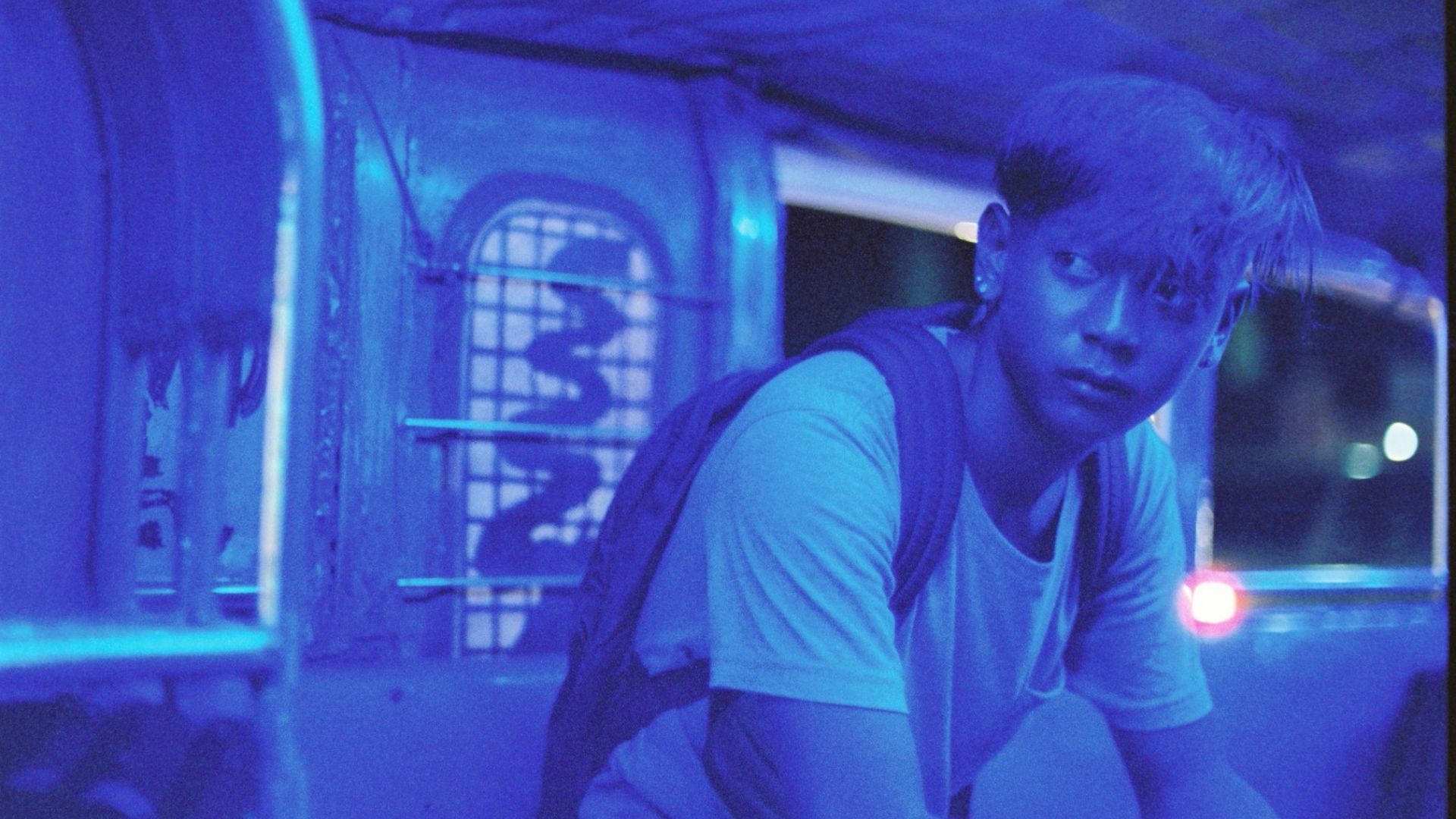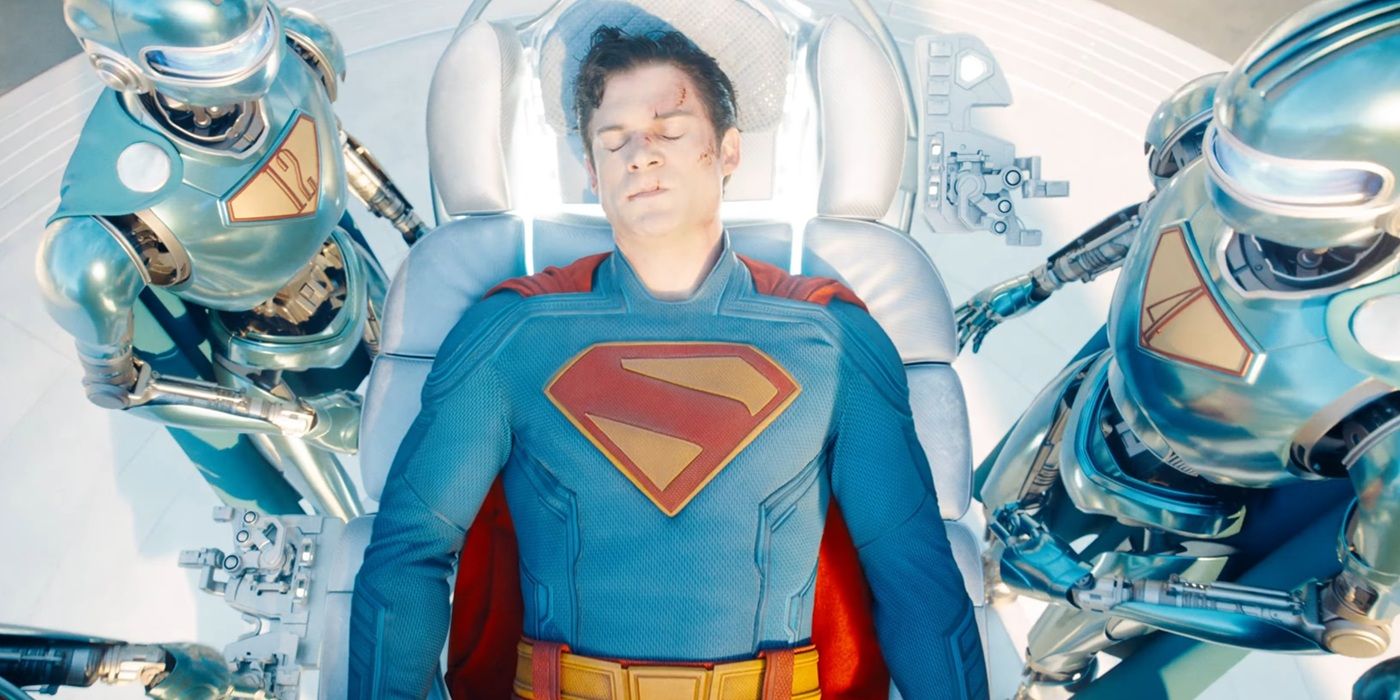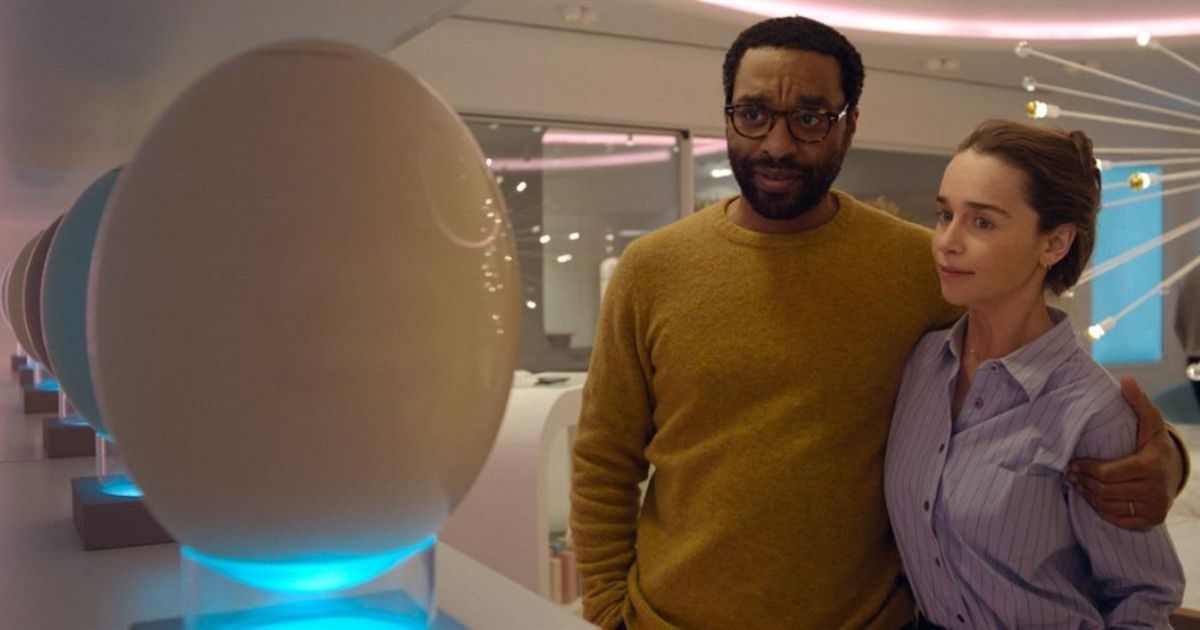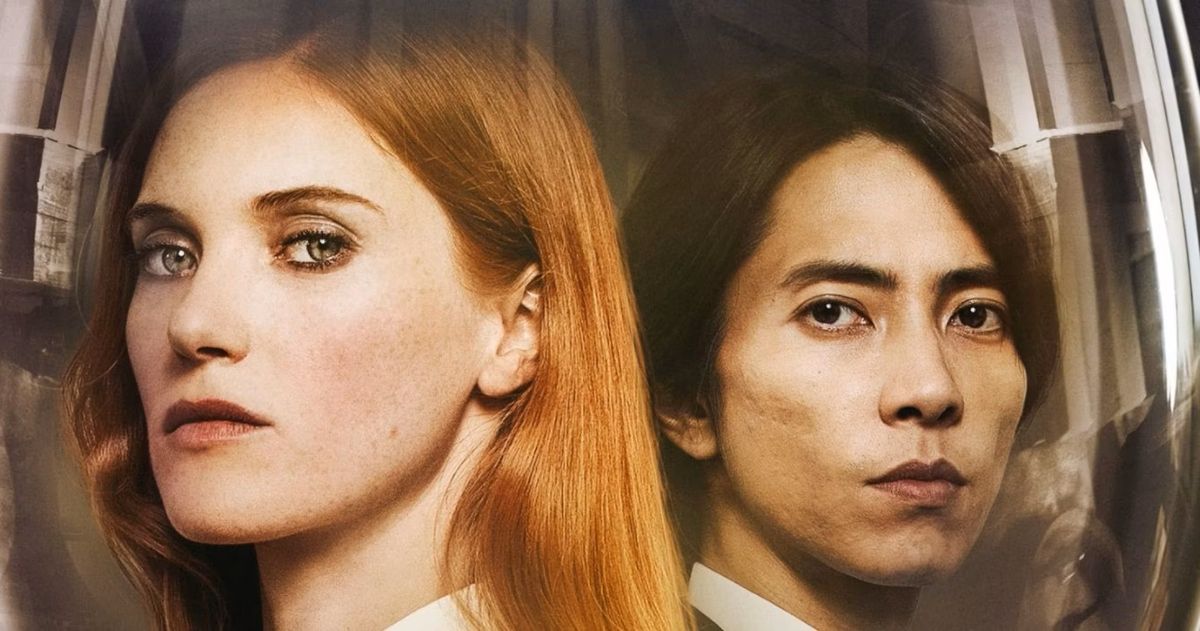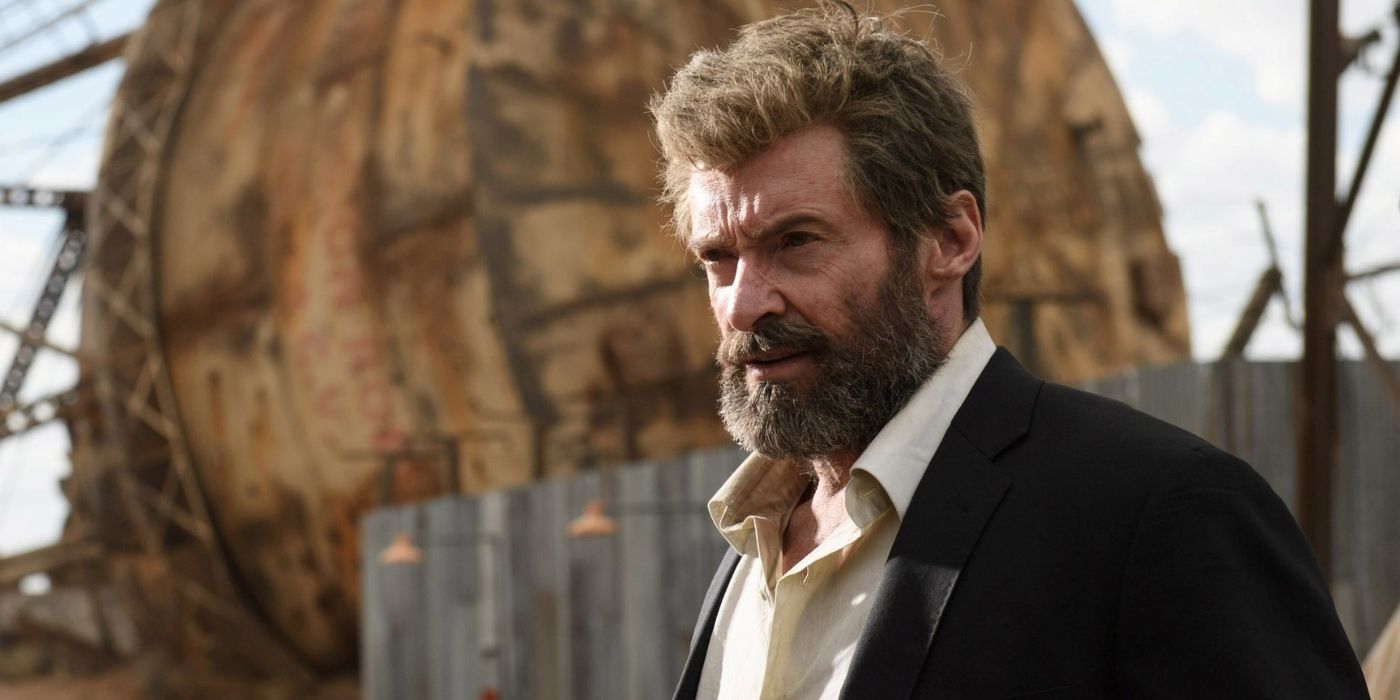A busy career woman and her initially reluctant botanist husband have a baby through an artificial, egg-shaped womb in near future New York City. The Pod Generation satirically addresses our dependence on technology, the definition of female empowerment, and humanity’s loss of connection to nature. The narrative is presented in a somewhat tongue-in-cheek manner. There’s never any real moments of angst or tension that divides the primary characters. That ends up being a mistake because the film treads into lukewarm territory. You appreciate the philosophical viewpoints, but it comes at the expense of entertainment value.
Rachel (Emilia Clarke) and Alvy (Chiwetel Ejiofor) snuggle in bed before starting their day. She has no time for fooling around as work beckons. Rachel heads for her demanding job while Alvy stays at home in their apartment. He walks past the modern gizmos to his healing place. Alvy grows real plants and flowers in an atrium. The thought of a holographic garden makes him shudder.
Rachel pecks away at her computer keyboard while walking on her desk treadmill. She’s summoned to her boss’ office for a surprise meeting. Her productivity is excellent. A beaming Rachel is due a promotion. The conversation then takes a truly unexpected turn. Rachel’s asked if she plans to start a family. She definitely wants to have a child…someday. The company frowns at maternity leave as that would negatively affect her metrics. She’s been granted a stipend at the Pegazus Womb Center. Rachel can have a baby without the annoyance and discomfort of being pregnant.
The Womb Center
Vertical
She decides to visit the Womb Center alone after a session with her AI therapist. The technology is exactly as promised. Everything from conception to birth is handled by the pod. Couples can even take it home to promote bonding. There’s also a handy app to control every interaction.
Related: The Best Sci-Fi Comedies, Ranked
Rachel tries to convince Alvy to have a pod baby. He refuses to entertain the idea of mechanical childbirth. It’s unnatural and anathema to his personal beliefs. After a night sleeping on his decision and seeing Rachel’s tremendous disappointment, Alvy agrees to see her AI therapist. It’s comical but changes his tune. They decide to send the down payment and start the process of having a pod baby.
The Pod Generation’s production design never strays too far from realism. We’re not talking Star Trek technology here. Rachel and Alvy eat toast that’s made on a 3D printer. She takes breaks with a friend by strapping on a mask and breathing fresh air at a nature bar. Every facet of their lives is managed by various computer systems. They have a home AI that measures their “gut health” and “happiness index.” The setting could easily be New York City in 20 years and is a strength of the film.
The tables turn once they start to engage with their gestating pod. Alvy embraces caring for the pod with gusto. He wears a carrier to simulate being pregnant. This irks Rachel because she’s not bonding at the same level. She worries that her maternal instincts aren’t kicking in. Will she be a bad mother if she doesn’t feel the same connection to the pod? This is the rub that makes her question whether they made the right decision.
Sophie Barthes’ Satire
Vertical
Writer/director Sophie Barthes (Cold Souls, Madame Bovary) hits clever jabs in her first two acts. Rachel’s promotion meeting strikes at the heart of women juggling motherhood with professional advancement. The company would rather pay for her to have an artificial child than lose productivity. There’s no profit in allowing her to have a baby naturally at her own speed. Rachel’s essentially pressured into conception to stay employed. The film does suffer from tunnel vision because there’s no corporate plan for caring for the baby once it’s born.
Related: Exclusive: The Pod Generation Director Sophie Barthes Discusses Love, Marriage, and AI
Alvy flips the script as a man who represents nurturing. His careful wearing of the pod carrier and desire to take the womb everywhere shows a serious level of commitment. Alvy, despite his earlier trepidations on the method, is ready and eager to be a father. He behaves more like a mother would in standard patriarchal terms. The pod tech blurs these lines by allowing both partners to participate, but it’s all a farce. Neither of them have anything to actually do with the pod’s success. It’s a device growing a baby like a fetus factory. They could have left the pod at the womb center and just picked up the child on its due date.
The Big Moment
Barthes hooks viewers early but unfortunately loses steam by the climax. A smart idea fades into tedium as Rachel and Alvy ride out the clock to their big moment. Everything plays out predictably because their love is rock solid. They’re a caring couple who will be great parents. That’s a comforting thought, and I’m all for the happy ending, but it was never in doubt.
The Pod Generation is produced by Quad Productions and Scope Pictures. It will be released theatrically on August 11th from Roadside Attractions and Vertical.
You can view the original article HERE.


